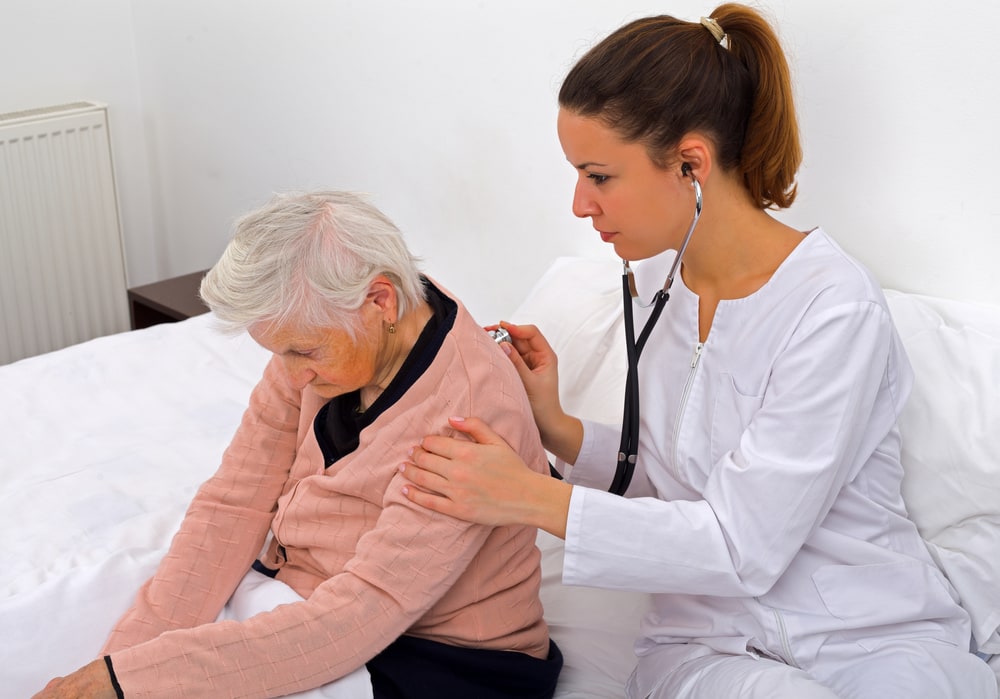
Pneumonia in the elderly can be life-threatening. It’s a lung disease caused by viruses, bacteria or fungi. Elderly people tend to have weakened immune systems or health problems, so they are particularly at risk from the disease.
Elderly people recovering from surgery are another risk category. They tend to be more susceptible to infections of all kinds, including lung infections.
Also, seniors are more likely to have diabetes, or Parkinson’s disease. This puts them at greater risk, as does chemotherapy, cystic fibrosis or asthma.
Frail people have difficulty clearing their lungs and when secretions get into bronchial tubes they can cause infections.
Symptoms of pneumonia in the elderly
Symptoms of pneumonia in the elderly can be mild or severe. They include:
- Chest pain when coughing
- Mental confusion or lethargy
- Cough, perhaps with phlegm
- Tiredness
- Sweating or fever
- Feeling cold
- Vomiting or diarrhea
- Difficulty breathing
Types of pneumonia and common treatments
Bacterial pneumonia – usually treated by antibiotics. It’s important to complete the course of antibiotics prescribed.
Viral pneumonia – antiviral medicines can improve the patient’s condition within 1-3 weeks.
Hospitalization may be required if the patient doesn’t respond to antibiotics or their condition deteriorates. Poor overall health is a serious risk factor for pneumonia in the elderly and can also make complications more likely.
Complications include bacteria in the bloodstream, severe breathing difficulties requiring use of a ventilator, fluid on the lungs, and lung abscesses.
How to prevent pneumonia in the elderly
Elderly people prone to pneumonia need the best medical advice they can get. That’s why it’s important to get regular check-ups with your doctor. Doctors can advise on how to prevent pneumonia in the elderly, and what medication to take. It’s a good idea to educate yourself on the disease before seeing your doctor. That way you can better know what to ask him or her. Apart from this, there are a few proactive things you or your loved one can do.
Here’s some tips:
- Don’t smoke and stay away from smoke-filled rooms or places with bad air.
- You can be vaccinated against some types of pneumonia, so ask your doctor.
- Get a flu inoculation because flu is a common cause of pneumonia.
- Wash your hands regularly or use a hand sanitizer: this helps to protect you from respiratory infections which can lead to pneumonia.
- Sleep soundly: There are huge overall health benefits for people who manage to sleep well.
- Exercise regularly: Having a professional therapist to help you to do this safely is best.
- Eat a healthy diet: An interesting diet that is also tasty is a boon, and a great talking point.
- Ask your doctor how to keep your immune system strong.
Homes and medical professionals know the signs and symptoms of pneumonia and who is most at risk. They know what kind of care and attention frail and elderly people need and deserve. If your elderly loved one’s family has a history of pneumonia, you should be particularly cautious. In fact, you’d be well advised to check out a care home.
Rehab and nursing homes have the staff, facilities and experience to prevent pneumonia, keep it in check and control it.
Haym Salomon Home for Nursing and Rehabilitation has lots of experience in treating pneumonia in the elderly. The Home provides both short-term and long-term services. It adheres to the highest professional standards and knows what to do to handle pneumonia and prevent complications. Contact us for further information.
This content comprises informative and educational resources only and can not be considered as a substitute for professional health or medical guidance. Reliance on any information provided in this article is solely at your own risk. If you have any inquiries or apprehensions about your medical condition or health goals, talk with a licensed physician or healthcare provider.

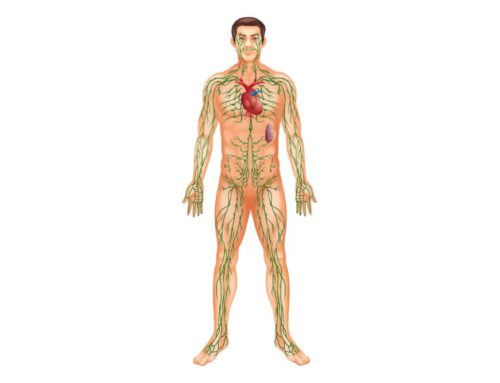
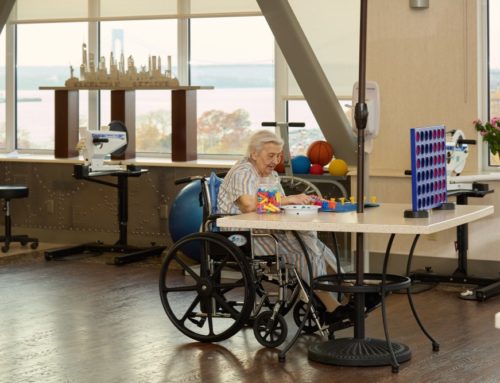
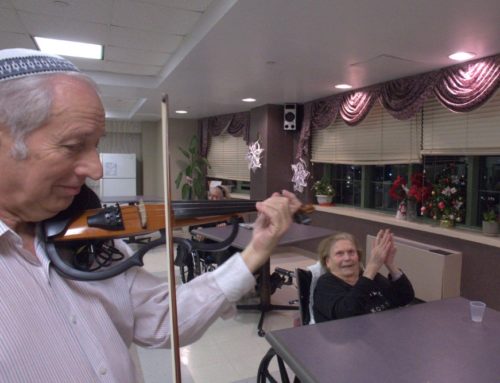
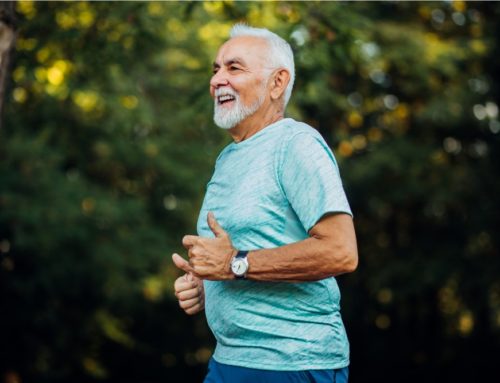
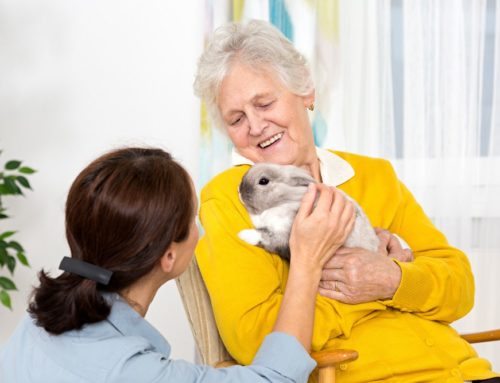
Leave A Comment